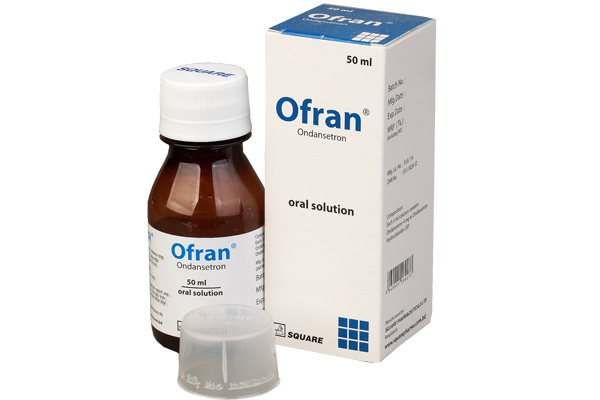Indications
Doxophylline is used to treat in following indications:
- Bronchial asthma
- Bronchospasm
- Chronic obstructive pulmonary disease (COPD)
- Pulmonary disease with spastic bronchial component.
Pharmacology
Doxophylline is a novel bronchodilator. It structurally differs from Theophylline due to the presence of a dioxolane group in position 7. Doxophylline selectively inhibits phosphodiesterase 4 thereby relaxes bronchial smooth muscle. However, differently from Theophylline, Doxophylline appears to have decreased affinities toward adenosine A1 and A2 receptors, which may account for the better safety profile of the drug. Doxophylline is reported to inhibit platelet activating factor (PAF) and generation of leukotriene production.
Dosage And Administration
Elderly: 200 mg tablet two or three times daily.
Adults: 400 mg tablet two or three times daily or as prescribed by the physician.
Children:
- >12 years of age: 10 ml syrup or 200 mg tablet two or three times daily.
- 6-12 years of age: 6-9 mg/kg body weight two times daily, i.e. if body weight is 10 kg, 3 ml (60 mg) two times daily or as prescribed by the physician.
If required daily dose of Doxophylline is 400 mg then Doxophylline SR tablet to be taken once daily or as prescribed by the physician
Interaction
Doxophylline should not be administered together with other xanthine derivatives. Toxic synergism with ephedrine has been documented for xanthines. Like other xanthines, concomitant therapy with troleandomycin, lincomycin, clindamycin, allopurinol, cimetidine, ranitidine, propranolol and anti-flu vaccine may decrease the hepatic clearance of xanthines causing an increase in blood levels. No evidence of a relationship between Doxophylline serum concentrations and toxic events have been reported.
Contraindications
Doxophylline is contraindicated in acute myocardial infarction. It is also contraindicated in patients with hypotension, in lactating women & patients who have shown hypersensitivity to its components.
Side Effects
Doxophylline rarely causes serious side effects, however possible side effects are similar for taking excess amount of caffeine. These include: nausea, vomiting, headache, upset stomach and heartburn.
Pregnancy And Lactation
Animal reproduction studies indicate that, Doxophylline does not cause fetal harm when administered to pregnant animals or can not affect reproduction capacity. However, since there is limited experience in human during pregnancy, xanthines should be given to pregnant women only if clearly needed. Doxophylline is contraindicated in nursing mothers
Precautions And Warnings
The half-life of xanthine derivatives is influenced by a number of known variables. It may be prolonged in patients with liver disease, in patients with congestive heart failure and in those patients taking certain other drugs like erythromycin, troleandomycin, lincomycin, allopurinol, cimetidine, propanolol and anti-flu vaccine. In these cases, a lower dose of Doxophylline may be needed. Phenytoin, other anticonvulsants and smoking may cause an increase in clearance with a shorter mean half-life. In these cases higher doses of Doxophylline may be needed.
Overdose Effects
In case of overdose severe cardiac arrhythmias and tonic-clonic seizure may occur. These effects may represent the first signs of intoxication. The appearance of side effects may require discontinuation of the treatment which, if necessary, at the physician’s discretion, may be resumed at lower doses after all signs and symptoms of toxicity have subsided.
As there is no specific antidote, in case of overdose a symptomatic treatment of cardiovascular collapse should be instituted.
Therapeutic Class
Bronchodilator, Methyl xanthine derivatives
Storage Conditions
Keep in a dry place away from light and heat. Keep out of the reach of children. Doxophylline should be used only on prescription of specialist physician.
